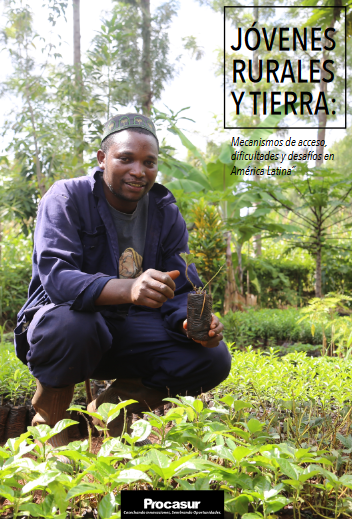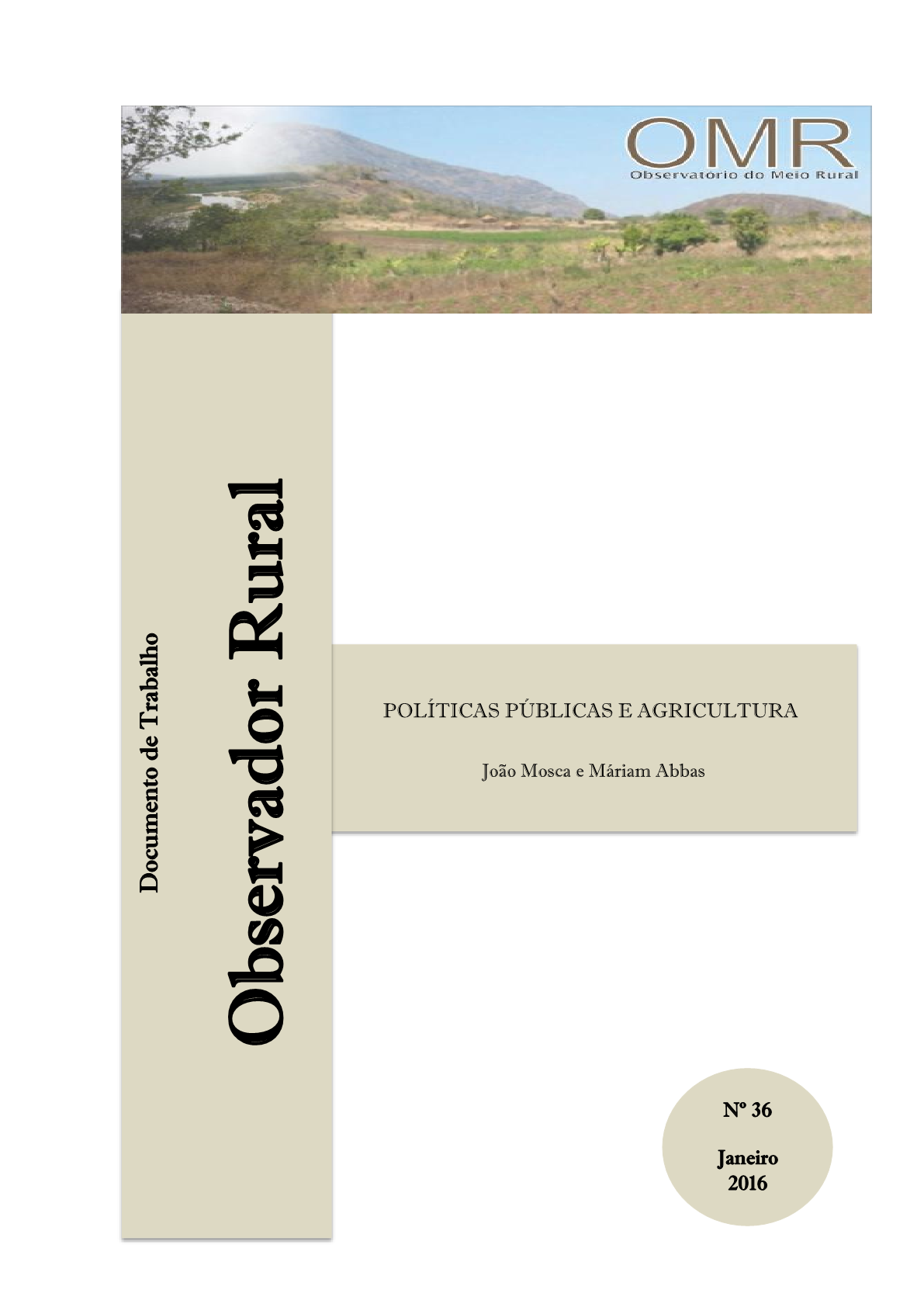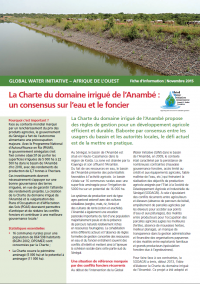Climate-Smart Agriculture in Kenya
The climate-smart agriculture (CSA) concept reflects an
ambition to further integrate agricultural development and
climate responsiveness. CSA aims to achieve food security
and broader development goals under a changing climate
and increasing food demand. CSA initiatives sustainably
increase productivity, enhance resilience, and minimize
greenhouse gas (GHGs) emissions. Increased planning is
vital in order to address tradeoffs and synergies between
the three pillars: productivity, adaptation, and mitigation





